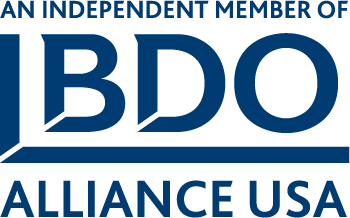On April 17, the U.S. Supreme Court heard oral arguments in the South Dakota vs. Wayfair case. The decision in this case, which is expected in June, could change online retailing as we know it. The current law of the land, based on decades of various court decisions (primarily the 1992 Supreme Court decision in Quill vs. North Dakota), is generally that “physical presence” is required in a state before that state government can impose on a seller its requirement to collect and report state’s sales tax.
For decades, companies physically located outside of a state making sales by mail order or online into that state have not been required to collect that state’s sales tax. States for years have objected due to the lost tax revenue to their states, which is estimated collectively over $30 billion annually, and have searched for ways to collect this tax. Some “brick and mortar” in-state retailers have also objected that such sales by out-of-state online retailers have put them at a competitive disadvantage by not requiring them to charge the same sales tax. On the contrary, if businesses are required to charge this tax by the out-of-state online retailer, this could put an undue compliance burden on businesses, especially the smaller to mid-size online retailers. Additionally, consumers have also become accustomed to not paying sales tax on such purchases. Some would argue that this could be considered a “tax increase.”
Although the outcome is still unknown, many expect that the Supreme Court will reverse “Quill” and will allow states to impose its tax on online retailers, despite their physical presence. One of the large concerns is the impact on small to mid-size online retailers who sell and ship products into states where they have no physical presence. Assuming they have enough sales above the minimum standard amount, this change would require them to abide by the current tax rates, charge, collect, and remit the correct sales tax in every state where it ships its product. There are currently about 10,000 different state and local taxing jurisdictions with differing and changing rates, which makes it even more complex for these businesses to stay in compliance. For these small to mid-size companies, these new requirements may cause significant burden and will likely force many businesses to make difficult decisions. While there is software available, at an additional cost, to help these companies comply, small to mid-size online retailers will have to decide to continue with their current business model or limit their sales into certain jurisdictions.
The State and Local Tax group at Crosslin stands ready to assist you in understanding the ramifications of this case. We will help you by putting into place a strategy to be in compliance with these potential changes for your business. Please contact State and Local Tax Director Mark Loftis (mark.loftis@crosslinpc.com or 615-320-5500) with any questions you may have.






